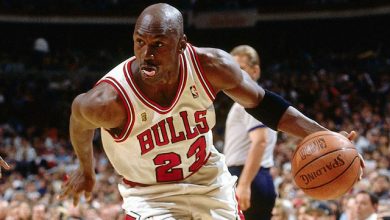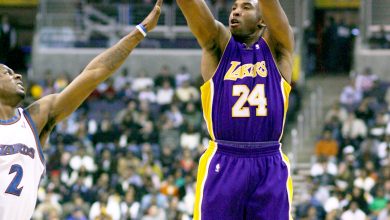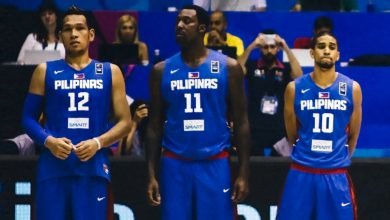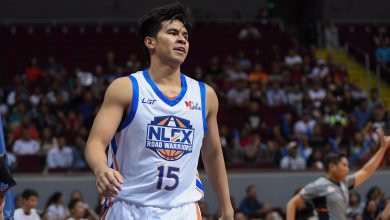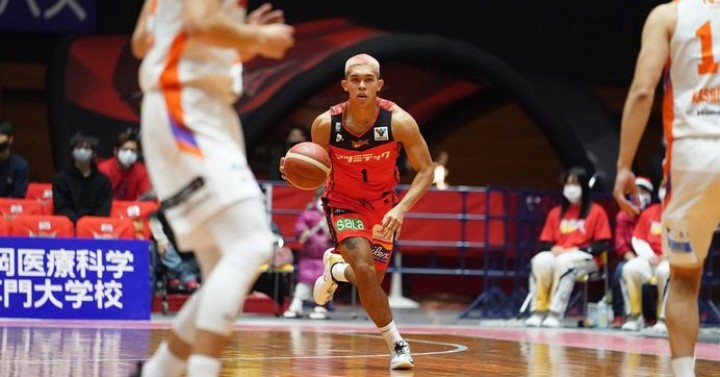
Turning Japanese: Pinoy Ballers Making the Jump
And then there were seven.
Kobe Paras has joined the growing number of young Pinoy ballers taking their talents to Japan.
The son of PBA legend Benjie Paras has signed with Niigata Albirex BB, which opens its new season in Kyoto on October 2.
“I can’t wait to be a better player and work hard to make lifelong memories with my teammates, staff, and great fans,” said the former UP cager.
After bouncing around the United States’ recruitment circuit, it seems the forward has found his way back to Asia. But like many others, it’s not the Philippines the once-most-coveted young star has chosen, but Japan. What exactly is attracting our young Pinoy ballers to the Far East?
The Land of the Rising Stars
On June 24, 2020, Ateneo de Manila Blue Eagles star Thirdy Ravena signed with San-en NeoPhoenix of the Japanese B.League – becoming the first ever player to be signed-in under the league’s Asian Player Quotas system.
Just over a year later, Paras joins Ravena, the latter’s brother Kiefer, Kemark Cariño, Juan and Javi Gomez de Liaño, and Bobby Ray Parks Jr. in a head-turning exodus of young stars.
What exactly is going on? Why are these young Filipino basketball players jumping ship?
Beyond Basketball: The Philippines Needs More National Sports
The PBA Problem
First of all, it’s not all about the money. And yet, the money’s a big part of it. These young Pinoy ballers are earning in Japan what PBA veterans are making here. That’s a tall order for our local league, which has led top brass to discuss increasing rookie salaries.
Veteran journalist Rick Olivares made it clear why that knee-jerk reaction isn’t the answer to the league’s problem. It’s the decades-old infection of a bloc-controlled league that’s sinking the PBA.
But apart from the salaries, it’s the very challenge to meritocracy that’s probably driving these youngsters away. In a crowded league, that means too much talent on too few teams. That’s less playing time for superstars like the younger Ravena who barely sat in college.
Does this mean they don’t have to earn their stripes in Japan? Not at all.
But with the PBA’s problematic 2020 bubble, and with the pandemic continuing to the ravage the country, there are more and more reasons for these Pinoy ballers to explore their options.
In essence, it’s good to have a choice. For decades, one could’ve played fantastically in the UAAP or NCAA, only to ride the bench in the pros. So this change is good. Let the kids forge new paths.
Now, if the PBA starts losing more talent to foreign leagues, and entertainment value goes down, that’s when they’ll have a real problem. And not one they can easily fix with bloated salaries.

